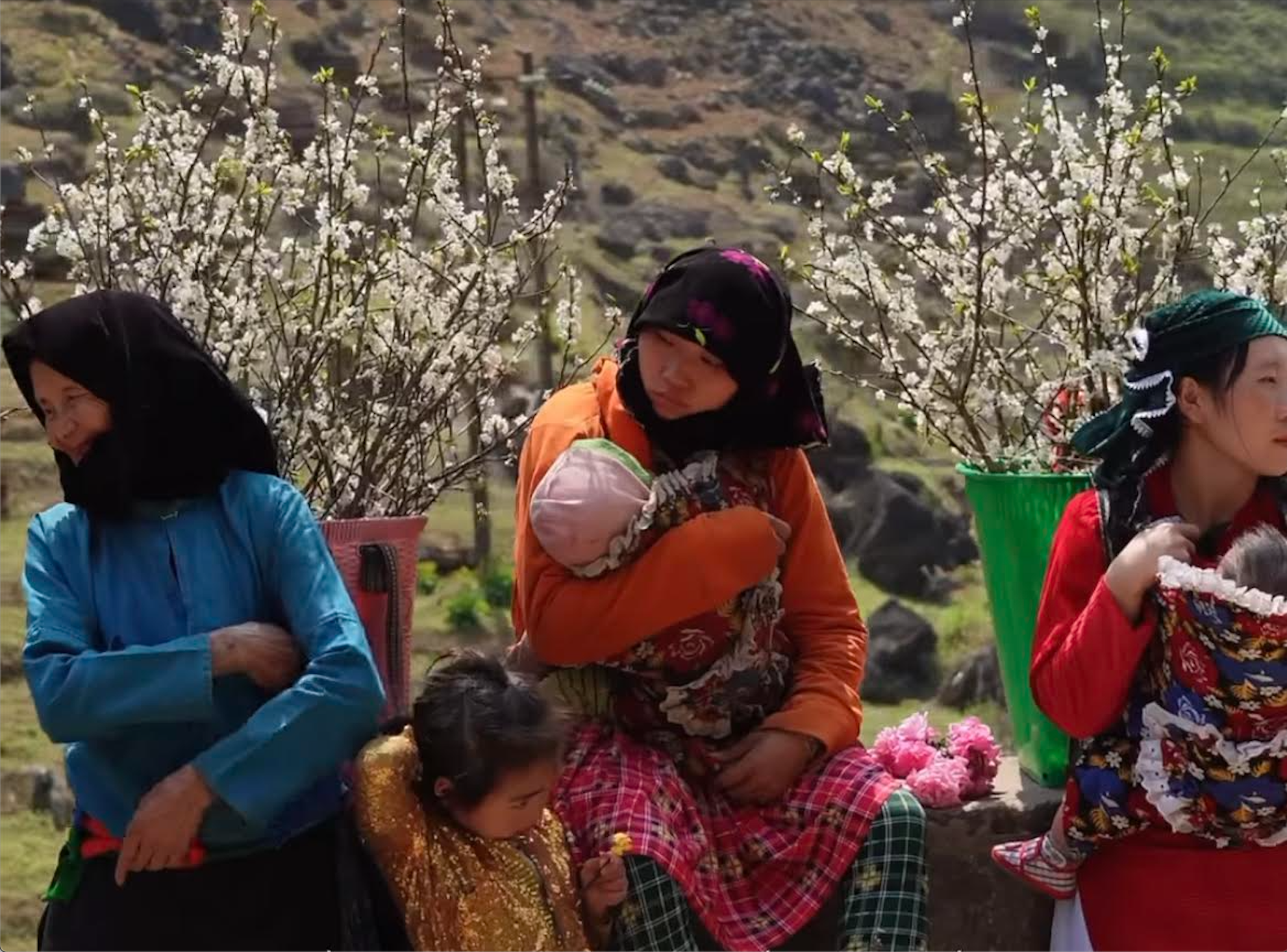In recent years, with the attention and investment of the Party and State, the support of ministries/sectors, Party committees and authorities at all levels as well as international organizations, and the efforts of the health sector, Vietnam has achieved many encouraging achievements in maternal and child health care.
Vietnam is considered by the international community to be a bright spot in implementing the United Nations' maternal and child health goals.
Besides achievements, Vietnam is still facing difficulties and challenges, especially significant differences in maternal and child health status between regions and ethnic groups. In mountainous areas, maternal mortality and child mortality are still 3-4 times higher than in plain areas and in particular, in some ethnic minorities it can be 7 times higher than in the Kinh people.

Statistical survey data on the socio-economic situation of 53 ethnic minorities in 2019 shows that 23.8% of ethnic minority women gave birth to a third child or more, on average each woman gave birth to 2.35 children. , higher than the national average of 2.09 children, in particular, there are 05 ethnic minorities with the highest fertility rates: Mang (4.97 children/woman), Chut (3.82 children/woman) , Co Llao (3.71 children/woman), La Hu (3.68 children/woman), Mong (3.57 children/woman).
About 12% of pregnant women do not go to medical facilities for the first prenatal check-up; This rate is very high in the La Hu 54.7%, La Ha 36.5%, and Mang 34.1% ethnic groups. There are still 13.6% of ethnic minority women who do not give birth at a health facility, 3.9% give birth at home with professional staff assisting, and 9.5% give birth at home without professional staff. support; Some ethnic groups such as Mang, Mong, Cong and La Hu have very high rates of giving birth at home without professional staff, 50.6%, 38.8%, 37% and 36.5% respectively. ;
Sadly, the death rate for ethnic minority children under 1 year old is 2.2% (especially La Hu ethnic group 6.6%, Lu ethnic group 5.9%, Si La ethnic group 5.1%... ). Ethnic minority and mountainous areas still have 16.5% of health stations that do not meet national standards; Nearly 1/5 of medical stations do not have a doctor, the number of midwives only accounts for 15.1%; 16.5% of villages do not have village health workers.
Recognizing the difficulties in maternal and child health care in remote and ethnic minority areas, the Ministry of Health has a policy of training ethnic midwives. minorities for disadvantaged areas.
This is a temporary but very effective solution in the current period to remove geographical, cultural and financial barriers to help ethnic minority women access medical examination services. pregnancy, safe delivery and postpartum care.
With the attention and investment of the State, and the support of domestic and international organizations, up to now, there have been 3,077 village midwives trained nationwide. The role of village midwives has been recognized by the health sector as well as the local community. The team of village midwives is an indispensable extension of commune health stations in difficult areas.
Current reality shows that village midwives in mountainous and remote areas are valuable assets in the primary health care system. Maintaining and expanding the network of village birth attendants can play an important role in improving maternal health outcomes and saving the lives of mothers and newborns.
Therefore, implementing the National Target Program for socio-economic development in ethnic minority and mountainous areas in the period 2021 - 2030 with 10 component projects, including policy content to support ethnic minorities and mountainous areas in the period 2021 - 2030. village midwives (under Project 7).
Accordingly, the policy to support health workers and village midwives to deliver babies at home for mothers who do not give birth at a health facility: 200,000 VND/shift; Postpartum care for mothers and newborns: 100,000 VND/time (Circular No. 15/2022 dated March 4, 2022 of the Ministry of Finance). This will be a new motivation for the team of village midwives to fully promote their role to take care of the health of mothers and children in ethnic minority and mountainous areas.
Speaking at the recent Policy Advocacy Conference to support the team of village midwives, Mr. Y Thong - Deputy Minister, Vice Chairman of the Committee for Ethnic Minorities requested that party committees, authorities, and the grassroots political system of the At the ethnic minority and mountainous region level, clearly define the role and position of village midwives; Pay attention to directing and organizing the effective implementation of the National Target Programs, especially the timely, flexible and full implementation of the State's support policies for village midwives... in order to Promoting the role of the village midwife team, worthy of being an extended arm of the health sector in implementing the mission of maternal and child health care, contributing to the development of human resources in remote areas.ethnic minorities and mountainous areas.
Hong Son